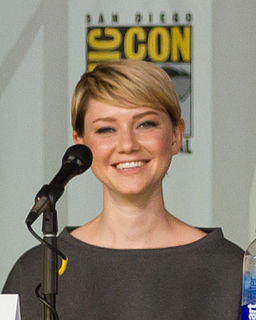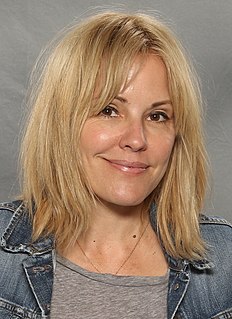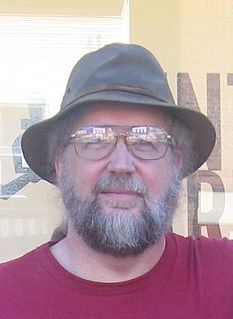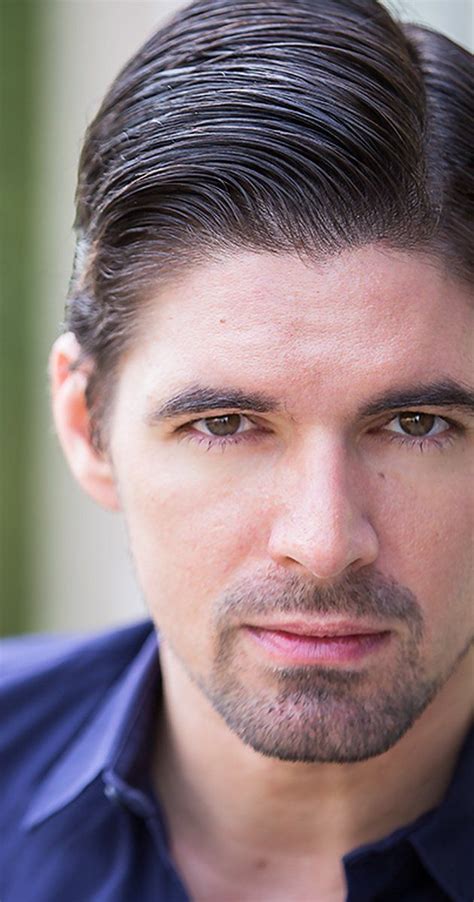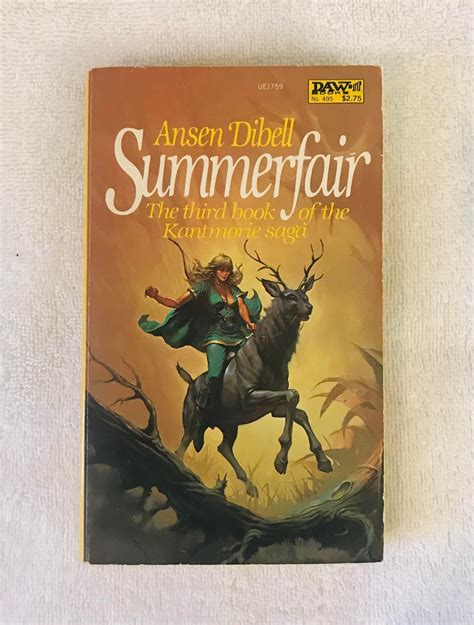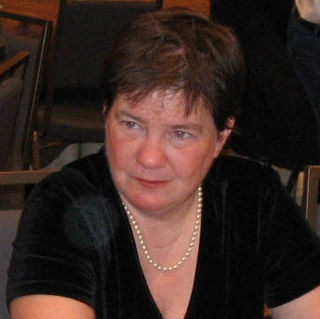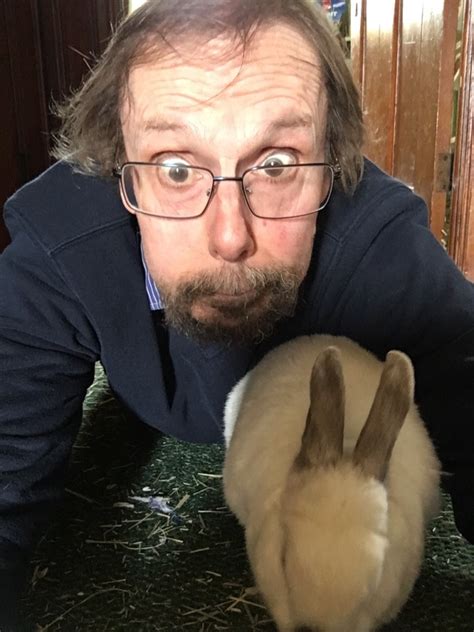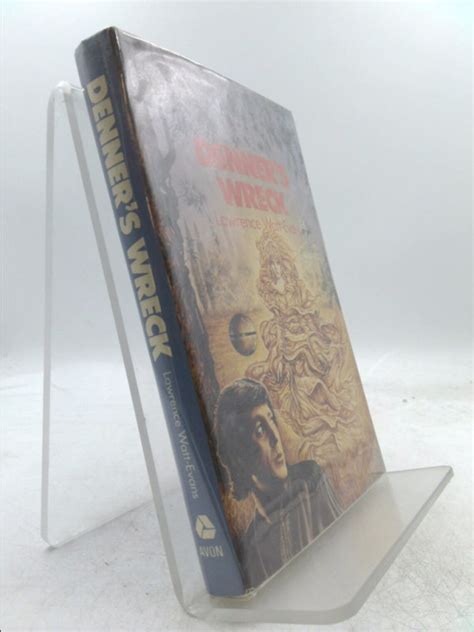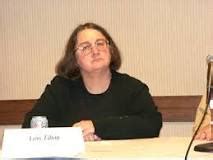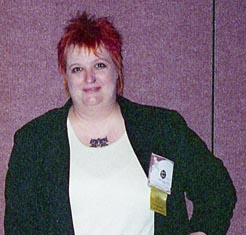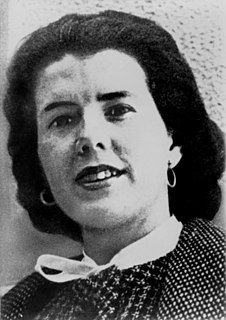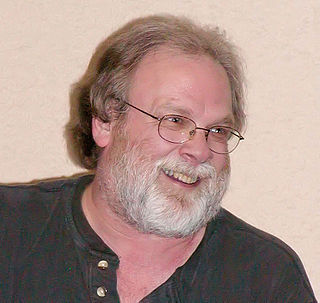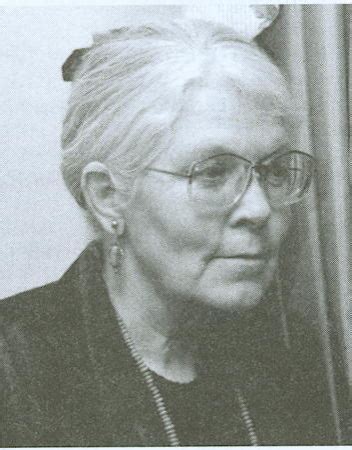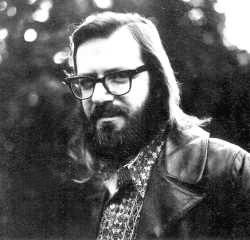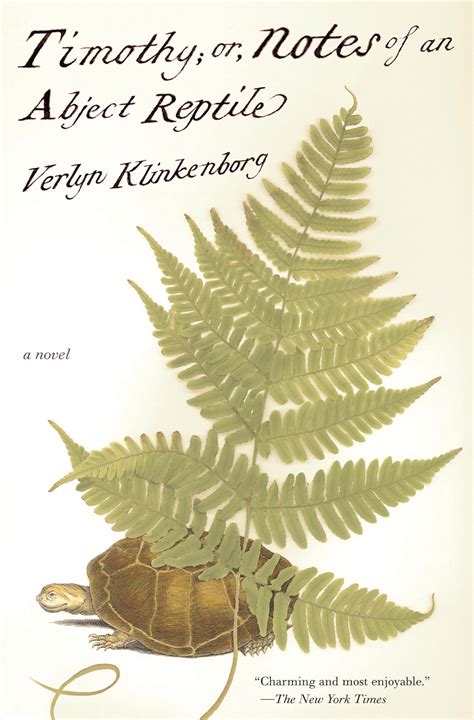A Quote by James Patrick Kelly
For those who resist the notion that the mainstream is a genre, we recommend that they browse the shelves of their local bookstore. For if the mainstream is not a genre, then it must necessarily embrace all kinds of writing: romance, adventure, horror, thriller, crime, and, yes, science fiction.
Related Quotes
A snappy label and a manifesto would have been two of the very last things on my own career want list. That label enabled mainstream science fiction to safely assimilate our dissident influence, such as it was. Cyberpunk could then be embraced and given prizes and patted on the head, and genre science fiction could continue unchanged.
Science fiction [is] the kind of writing that prepares us for the necessary mutations brought about in society from an ever changing technological world and as a result. The mainstream hasn’t excluded SF; the mainstream has excluded itself. No one told Jules Verne he was a science fiction writer, but he invented the 20th century.
There are very real differences between science fiction and realistic fiction, between horror and fantasy, between romance and mystery. Differences in writing them, in reading them, in criticizing them. Vive les différences! They're what gives each genre its singular flavor and savor, its particular interest for the reader - and the writer.
Since my romance novels had all been thrillers as well, it wasn't such a leap for me to move into the straight thriller genre. The most difficult part, I think, was being accepted as a thriller writer. Once you've written romance, unfortunately, critics will never stop calling you a 'former romance author.'
I was born on Halloween night, 2:00 am on November 1st, but still Halloween night in the USA. I think it was a destiny for me to work quite a bit in the horror genre. I love the horror genre. Since I was a teenager, my friends and I used to go to a video store and rent many horror movies that we would watch over the weekend and then scare each other at school. I've been fascinated with the horror genre all my life.
There's a long-standing (50 year old) flame war within the field over whether it's "sci-fi" or "SF".SF has traditionally been looked down on by the literary establishment because, to be honest, much early SF was execrably badly written - but these days the significance of the pigeon hole is fading; we have serious mainstream authors writing stuff that is I-can't-believe-it's-not-SF, and SF authors breaking into the mainstream. If you view them as tags that point to shelves in bricks-and-mortar bookshops, how long are these genre categories going to survive in the age of the internet?
I do love science fiction, but it's not really a genre unto itself; it always seems to merge with another genre. With the few movies I've done, I've ended up playing with genre in some way or another, so any genre that's made to mix with others is like candy to me. It allows you to use big, mythic situations to talk about ordinary things.





